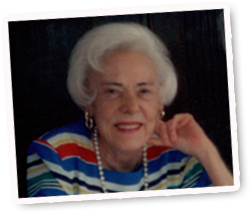
- Fellowship year:2014-2015
- University: University of Pennsylvania
- Dissertation Topic/Category: Modern Europe
- Dissertation Title: Inciting Free Speech and Racial Equality: The Communist Party and Georgia's Insurrection Statute in the 1930s
This project examines Georgia's campaign to terminate the integrated struggles of the Communist Party and the efforts of non-Communist southerners to defend the CP's constitutional liberties. The CP began to have a sustained presence in the South in 1929, with the outbreak of the Great Depression. Southern states despised the Communists for agitating among workers and African Americans. In Atlanta, city officials used the insurrection statute against individuals found in possession of Communist literature or in attendance at meetings where Communist literature was present. This law, which had not been applied in over sixty years, made "attempting to incite insurrection" against the state of Georgia a capital offense. The trial most closely associated with this history is that of Angelo Herndon, a case that reached the United States Supreme Court. Herndon was a nineteen-year-old black Communist who was arrested after having helped organize a demonstration of the unemployed in 1932. Between the time of the first arrests under the insurrection statute in 1930 and the 1937 Supreme Court decision freeing Herndon, a red scare gripped Atlanta.
The dissertation provides an authoritative account of the case of the Atlanta Six, black and white Communists who were the first to be charged under the insurrection statute in 1930. In addition to presenting a fuller picture of the case, the project draws attention to the significant role played by the American Civil Liberties Union and local liberals in combating Atlanta's red scare during the Great Depression. It argues that non-Communist supporters chose to highlight free speech issues over those of race and class, even though city officials and conservatives explicitly targeted the Communists for their activities among African Americans and workers. The contrast between how supporters discussed the case internally and how they represented it publically helps us gain a deeper understanding of the worldviews of progressive southerners and their approaches to bringing about social change in the South.
